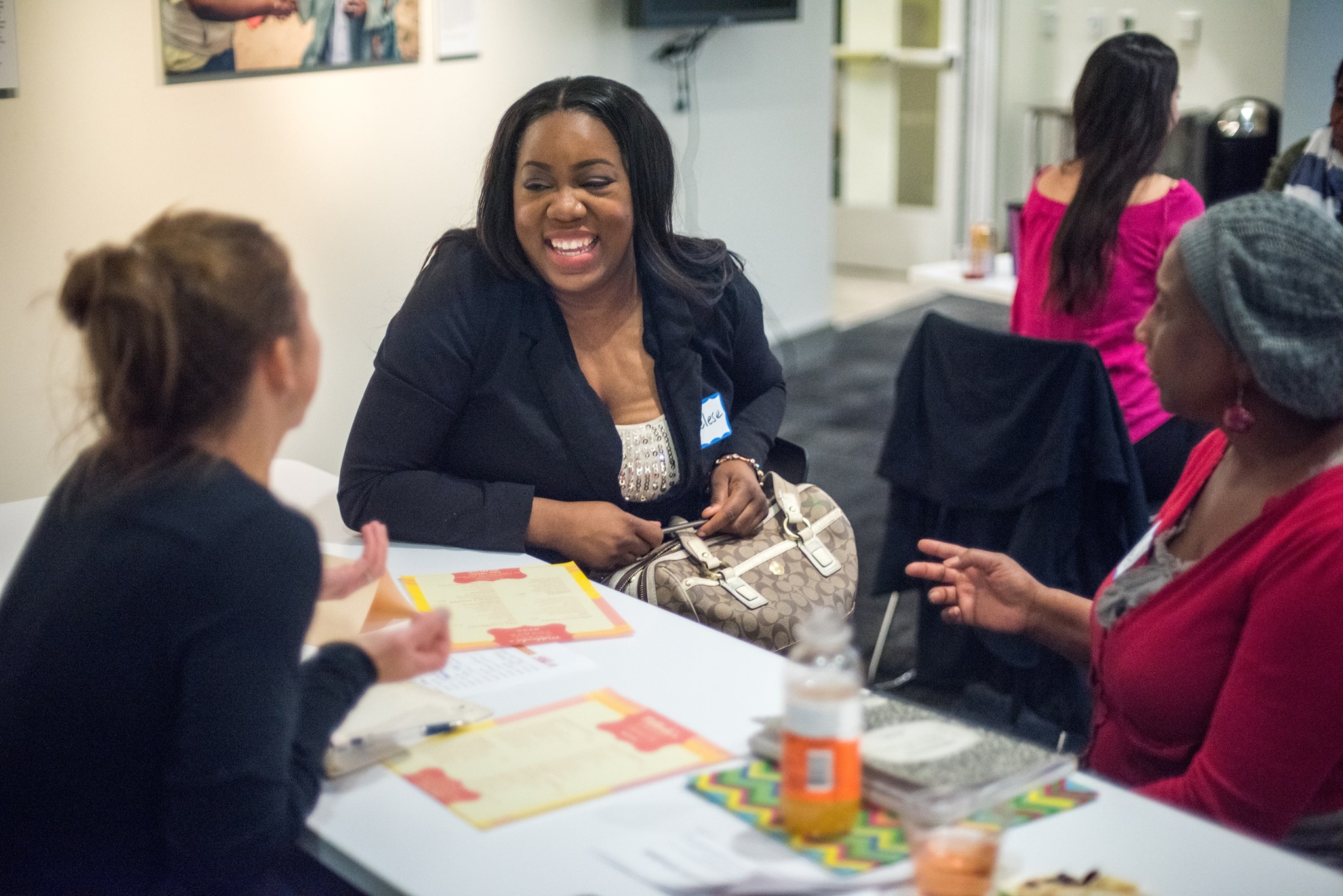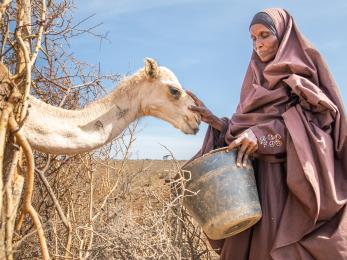Customers are like onions

If I could go back to my time as an entrepreneur, I would do a lot of things differently to build my social venture better and faster. (It’s kind of ridiculous how many things, actually). A lot of these reflections have come up for me since I took a seat on the other side of the table and have spent the last three years as in investor in social enterprises. The two I’ll share today are: 1) take time to celebrate the wins, and 2) you’ll get further if you’re transparent about what you’re doing and learning.
The same applies to impact investors. So, today we (Mercy Corps Ventures) are remembering to celebrate the impact the amazing ventures we support are having while sharing what we know, and what we don’t know. We’ve decided to do this in a newsletter every couple of months, if you want to join us (http://eepurl.com/dsTp4j).
If you’re just curious why customers are like onions, skip to #5.
Impact & insights — March 2019
1. Five impact highlights from 2018
We couldn’t be happier to report that 2018 was a great year for impact for our Social Venture Fund portfolio. Congrats to all the ventures in our portfolio for serving 1.5 million customers, raising $13 million in follow-on funding and being brave enough to put it all on the line to create a better tomorrow.
- $40.9 million in income created for smallholder farmers, last-mile agents and informal workers.
- Over 435,000 beneficial products sold on credit to low-income consumers and shop owners
- 223,000 low-income Kenyans received digital financial capabilities training
- $3.3 million in property value created for low-income Colombians
- $1.6 million in insurance claims paid out to smallholder farmers in East Africa
2. Government partnerships — Holy grail or impact mirage?
Many social enterprises see partnership with government as an essential strategy to unlock dramatic impact at scale. Some have done so successfully (though not without hiccups), some have failed, and many are unsure where to start. So, we decided to dive deep with amazing social entrepreneurs operating in different sectors and geographies who see government as a core scaling partner. We learned a lot, and we wrote it down for you as part of the Scaling Pathways series.
We’ve also got advice for funders. Liz Diebold from the Skoll Foundation provides some advice on how to support investees working with government partners.
Bottomline is that there isn’t a one-size-fits all strategy to working with governments, but social enterprises around the world have come against similar challenges and we’ve gathered their advice in one place to support all the government partnerships out there to come.
3. Customer spotlight — Gladys’ feature phone empowered her to not be scared of loans
Gladys is a mother, farmer and entrepreneur. She grows and sells fruits and vegetables in Baringo County, Kenya, and is an Arifu customer. During a two-month span in 2018, she interacted with 437 educational messages through an SMS-based chat with Arifu. Before Arifu, Gladys struggled to afford the fertiliser necessary for improving her soil and plant health. Fortunately, she learned about Arifu’s free financial management and agronomy training that was offered as part of MobiGrow, Kenya Commercial Bank’s digital financial services package. After registering for MobiGrow, Gladys learned alternative, low-cost techniques for improving her yields, and her vegetables are now flourishing. And because of Arifu, she is financially savvy, “no longer scared of loans” and investing in growing her business.
4. Rethinking how we Invest in youth employment
In our three-plus years of investing, we’ve only made three investments in ventures focused on addressing youth employment — and the third is our most recent deal. Why have we seen so few opportunities in this crucial sector? In part, we think that our offering of equity financing is not always the right type of capital for early-stage enterprises targeting low-income youth. Along with VillageCapital, we’ve begun a conversation with other investors, funders, and entrepreneurs in the youth employment sector to explore how we can collectively address the challenges faced by social enterprises focused on youth employment. So far, some common themes emerged like the need for more evidence about what works and what doesn’t in the youth employment sector broadly and the need for more consideration for what type of capital is needed and when. More to come as our team collaborates with others to explore how to provide right-fit capital and support for entrepreneurs.
5. Customers are like onions — A lesson from our first fail
Customers have lots of layers (hence they’re like onions). Customer value propositions may be perfect in theory, but it’s crucial to learn how to test the roles that culture and behavioral idiosyncrasies play in their actual rollout. Agruppa set out to streamline the produce supply chain from farmers to low-income mom and pop shops in Colombia. It was our first investment in Colombia and our first fail as a fund. Agruppa was regularly surprised by the often uninformed or seemingly irrational behaviour of farmers and shop owners — and the many factors that could influence their behaviour. The decision-making was so nuanced, and there was a disconnect between perceived and actual value created. The short story is that as investors, we gave too much credence to the randomised control trial they had done at an early stage, and Agruppa wasn’t asking its customers the right questions.



